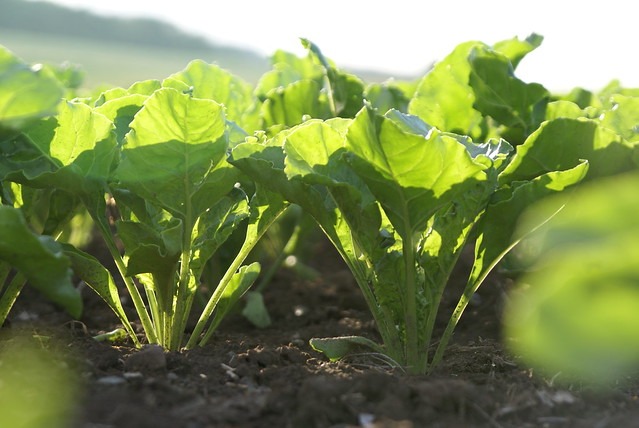
GM/Biotech Crops Report – April 2019
4th April 2019- GM/Biotech Crops Monthly Reports (BELOW) form part of BCPC’s free three-tier Biotech Crops Info service.
- This service also includes a weekly round-up of news from around the globe – see BCPC Newslink GM Crops section.
- Plus – Free access database on over 300 GM/biotech products covering 23 crops in the global market visit BCPC’s GM/Biotech Crops Manual – Register here for free access.
Already registered? Click here
GM/Biotech Crops Monthly Report April 2019
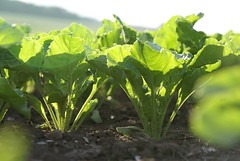 |
Herbicide approved for ALS-resistant sugarbeet KWS has developed a naturally-occurring strain of sugarbeet that is not affected by ALS herbicides into a commercial variety that is completing its varietal evaluation tests and now Bayer has gained approval for a specific mixture of ALS herbicides that will offer broad-leaf and grass weed control in this variety. This is exciting because it offers a way of controlling the weed beet that has colonised many sugarbeet fields here in the UK. More Pic: KWS group |
|---|---|
| Golden rice at last
Golden rice has long been a poster boy for genetic modification of crops because it offers enhanced levels of vitamin A to regions where a mainly rice diet causes sight defects in young children. Now it will actually be available to grow and eat in Bangladesh. More |
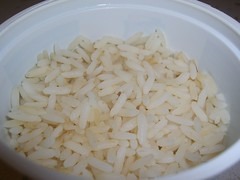 |
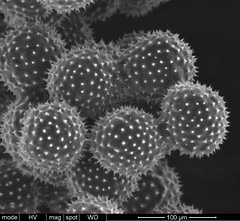 |
CRISPR editing carried by pollen
Wheat and maize are difficult to edit with a gene gun because the cell walls are so tough but now researchers at Syngenta have found a way of transferring edited genes via the pollen. It is called haploid-induced editing because the male part of the pollen genome disappears shortly after transfer! More |
| Soybean resistant to stem and foot rot
The introduction of a gene from a rice bacterial pathogen to soybean has resulted in improved Phytophora stem and root rot resistance. Was it just a lucky guess? How do they dream up these gene swaps? More |
 |
 |
Does the world need more plastic?Researchers at Wisconsin University have modified some soil bacteria that break down lignin in plants to produce a precursor for the production of biofuels and plastics. They simply removed a few genes so that the bacteria do not complete the breakdown process. Will ‘plastics’ made from this renewable resource be perhaps less persistent in the environment? More Pic: Graham Knott |
| A stitch in time?
Most genetic modification and gene editing require a gene gun to blast the modified DNA into the cells or employs a bacterium to do the work but now a scientist at the University of California has found a more subtle way of introducing the modified material. It involves using carbon nanotubules to insert the new material into the nucleus or chloroplast and protects the material during the transfer. Apparently it is so subtle that some countries may not regard it as genetic modification at all! More |
 |
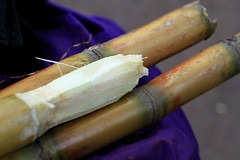 |
Sugarcane, the new biofactory
Sugarcane is fast growing and has a lot of biomass so once the genome is fully sequenced in 2020, a global team of experts expect to be able to use it as a petroleum substitute for the production of biofuels and bioplastics. More |
| Essential pub facts
Genes tell a lot of history and apparently the yeast used to make modern beers is derived from a mixture of the yeasts used to make European wines and Asian rice wines. More |
 |
THE LATEST ADDITIONS TO THE GM/BIOTECH DATABASE ARE:
• Amazingly the latest approval of a GM crop globally is the cowpea resistant to Lepidopteran insects reported in last month’s Biotech Crops Monthly Report.
FOR INSTANT ACCESS TO GM BIOTECH MANUAL CLICK HERE (Registration required)
Already Registered? Click here to access

